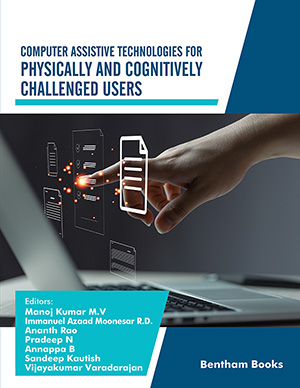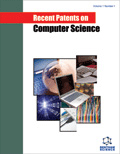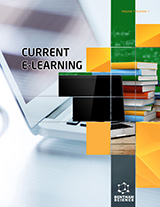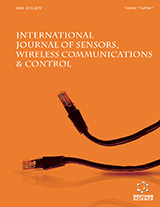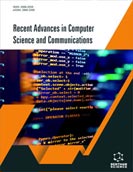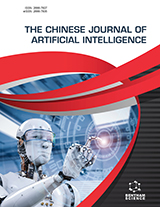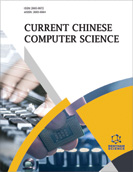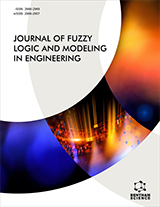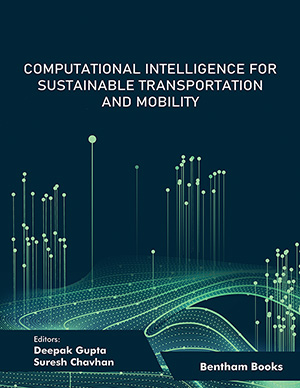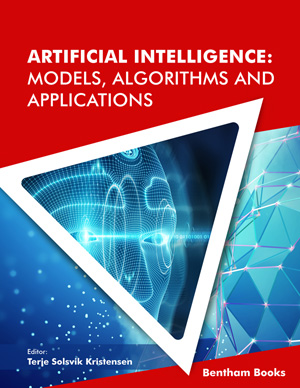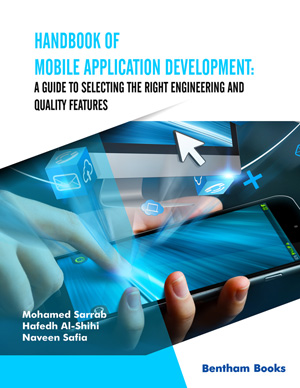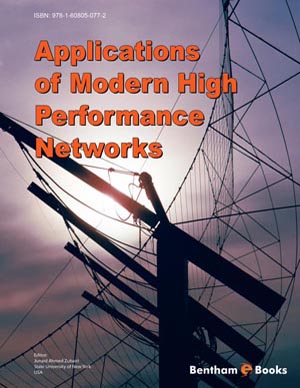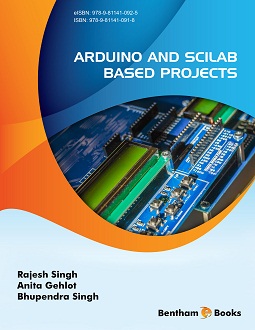Abstract
The majority of physically challenged and elderly people demand a lot of care when it comes to assistive technologies that can provide tailored services to their needs. The primary concern of advancement in Assistive technology is to address a wide variety of disabilities and intellectual impairments for societal benefits by reducing welfare costs and allowing for an efficient workforce. To better respond to changes brought on by modernity, it is necessary to understand how assistive technology interacts in that group. The broad range of assistive devices in the continuum of assistive technology can help people with various impairments. Based on the underlying technology, the Categorization of assistive devices has important implications for clinical usage when examined through the perspective of social phenomenon. In the realm of Assistive Technology, a consistent focus on the relationship between the individual and the supported activity within certain contexts is essential. Assistive technology can be viewed from the perspective of various performance areas. The Ontology-based Assistive Devices that are among the finest within common, everyday contexts for more relevant applications are interesting. This chapter explores all those essential elementary and general considerations of assistive devices that form the bases of Assistive technology and brings out the categories of assistive devices and the various application domains where assistive devices can be served as a derivative of a particular ontology. The chapter focuses on the various performance areas by addressing the issues associated with Assistive technology Practice.
Keywords: Accessibility, Assistive technology, Cognitive impairment, Information and Communication Technology (ICT), Ontology, Self-management.


